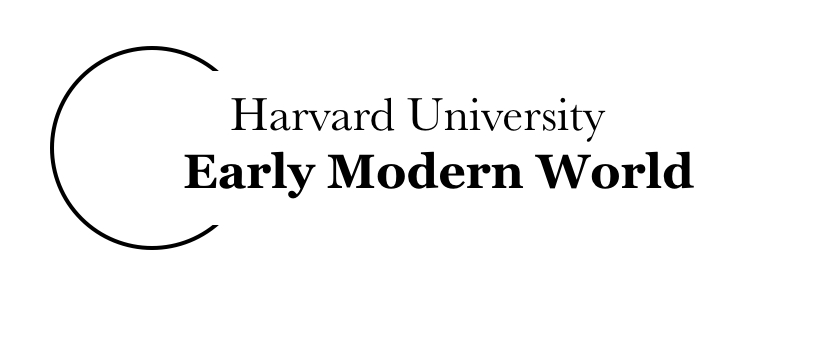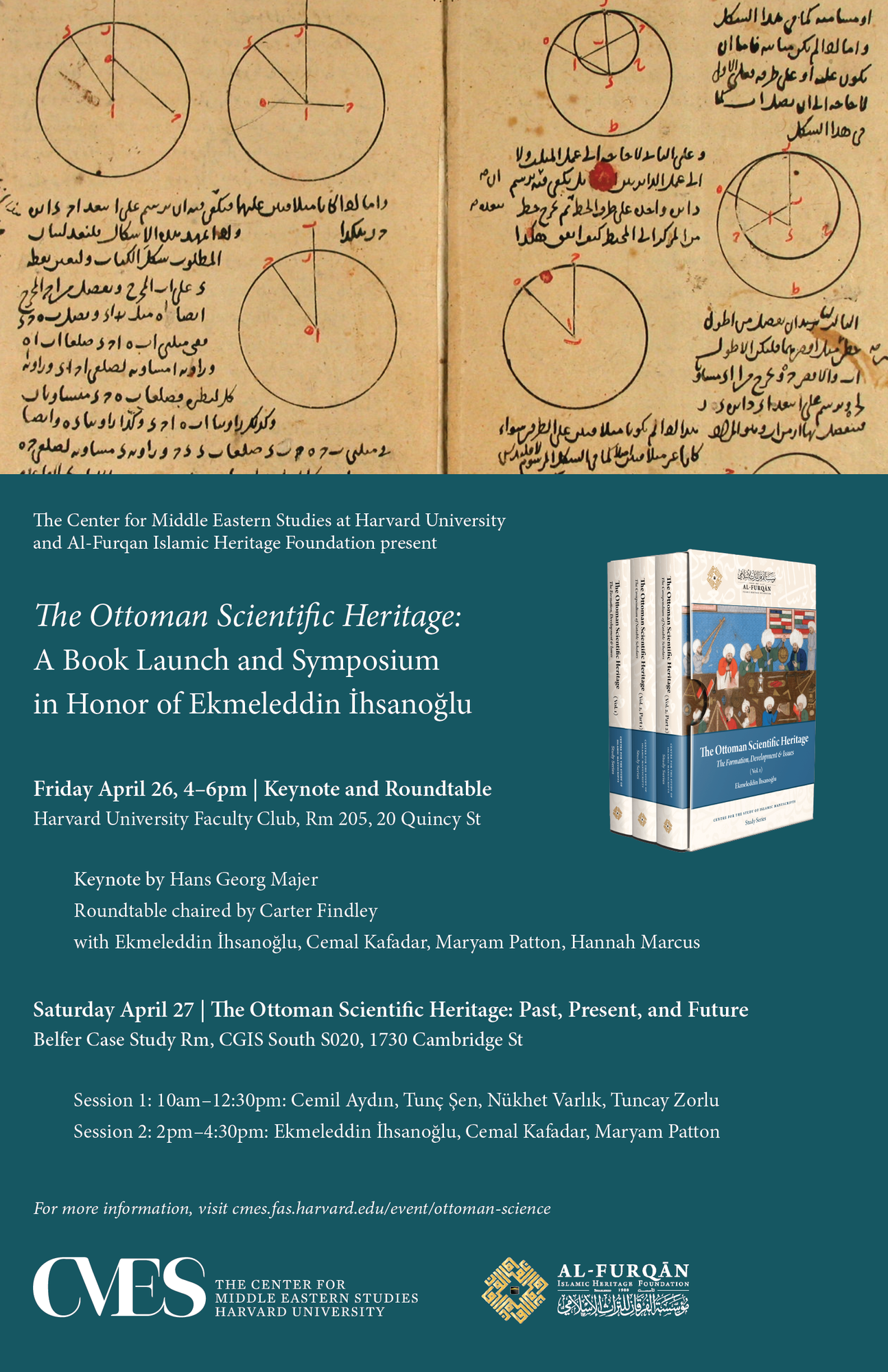Date:
Location:
Thursday, April 7 (keynote at 6pm; online and in-person)
Friday, April 8, 2022 (all day; in-person only)
“…while I work on the Poesie…”(“…interim che metto al ordine le poesie…”)
Poetry: this is how Titian referred to his mythological paintings in a now famous letter written from Venice in 1553 to his patron, Philip II. Titian’s use of the term speaks of the humanistic culture that modeled an approach to an art of vitality and power, one of mythology and the nude intertwined in painting. Both artist and patron collaborated in its creation and in the construction of the erotic gaze, understood as “visual poetry.”
Treasured behind curtains hanging in the private apartments of Madrid’s Royal Alcázar, Titian’s paintings comprised one of the most exquisite collections of erotic painting of the early modern period. The paintings’ force was felt. Admired by a select number of visitors, the poesie were copied and widely interpreted by painters, such as Peter Paul Rubens. As their steward and custodian, Diego Velázquez carefully studied them, arguably becoming the inheritor and innovator of this tradition.
Taking the poesie as a point of departure, Visual Poetry: The Politics and Erotics of Seeing will investigate the invention and significance of erotic visual culture in early modern Europe, reflecting on its artistic afterlife. The conference will address the diverse relationships of the humanistic tradition and Antiquity with erotic painting since the Renaissance. Papers will consider pressing questions of the representation of sexuality and violence in the art of this period, the nature of spectatorship, and the political dimension of Titian’s poesie at a time of territorial conquest and the building of a global Empire.
Organized by Shawon Kinew & Felipe Pereda with the support of the Department of the History of Art + Architecture, and contributions by Villa I Tatti, The Harvard University Center for Renaissance Studies, Harvard Art Museums, Cervantes Institute, and the Provostial Fund for the Arts and Humanities.
Part I of this conference––“Titian the Poet,” a lecture by Leonard Barkan and “Thick Paintings,” a response by Maria Loh—took place on October 28, 2021.
Schedule
Thursday, April 7
Introduction (6:00 PM)
Alina Payne (Villa I Tatti / Harvard University)
Keynote Lecture (6:15 PM)
“Titian, Philip and the Poesie: The Artist, The Patron”
Miguel Falomir (Museo Nacional del Prado)
In person and streaming online.
To register, click here.
Friday, April 8
In-person only.
To register, click here.
Visual Poetry (9:30–10:45 AM)
Land Acknowledgment & Welcome
David Roxburgh (Harvard University)
Introduction to the Day’s Panels
Shawon Kinew (Harvard University)
Felipe Pereda (Harvard University)
“Titian’s Rape of Europa: Reflections on the Artist’s Painterly Techniques and the Gardner Exhibition”
Gianfranco Pocobene (Isabella Stewart Gardner Museum)
Nat Silver (Isabella Stewart Gardner Museum)
Panel I (11:15 AM–12:45 PM)
“Animal Sightings in Titian’s Poesie”
Jodi Cranston (Boston University)
“Recognitions and their Echoes in Callisto and Actaeon”
Aneta Georgievska-Shine (University of Maryland)
“Titian, Metaphor and the Body”
Jeremy Melius (Oxford University)
Q & A (12:45–1:00 PM)
Panel II (2:00–3:30 PM)
“The Gendering of Sight and Touch: Titian’s Mythologies and their Afterlife”
Stephen Campbell (Johns Hopkins University)
“The Northern Nude”
Jennifer Nelson (University of Wisconsin-Madison)
“Open sky, open water, ‘open to pity and fear’: Variations in Titian’s poesie”
Shawon Kinew (Harvard University)
Q & A (3:30–3:45 PM)
Panel III (4:15–5:15 PM)
“Rubens’s Salt: The Poetics and Politics of Transformation, circa 1628”
Christine Göttler (University of Bern)
“‘Consumed by either fire or fire’: Venus in the Mirror of Velázquez”
Felipe Pereda (Harvard University)
Q & A (5:30–6:00 PM)
Roundtable & Final Reflections (5:30–6:00 PM)
(All times are given in Eastern Standard Time.)

 In honor of the recent publication of the English edition of The Ottoman Scientific Heritage by Ekmeleddin İhsanoğlu, translated by Maryam Patton, the Center for Middle Eastern Studies at Harvard University and the Al-...
In honor of the recent publication of the English edition of The Ottoman Scientific Heritage by Ekmeleddin İhsanoğlu, translated by Maryam Patton, the Center for Middle Eastern Studies at Harvard University and the Al-...